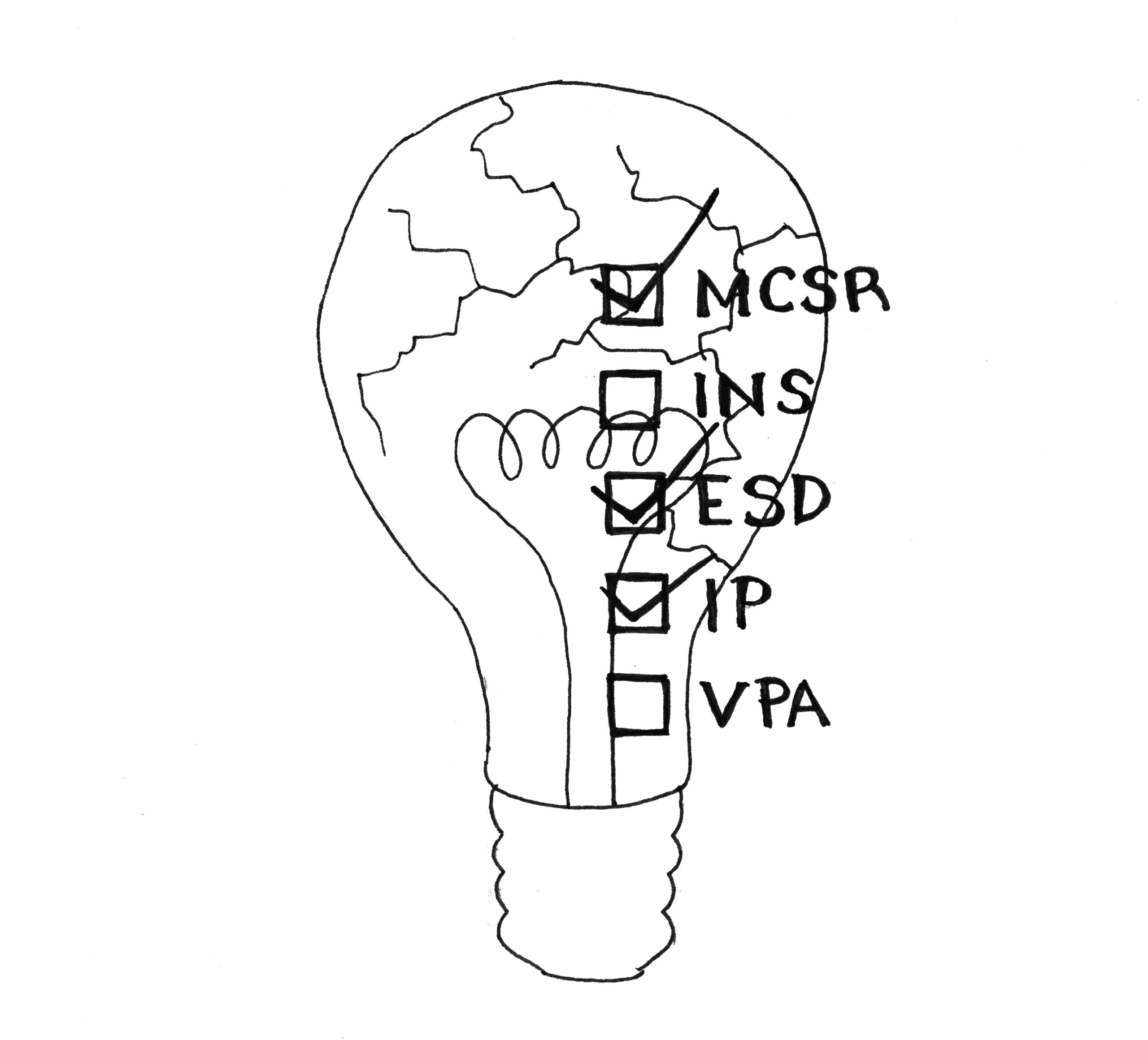‘Tis the season to explore social difference
December 7, 2018
 This
piece represents the opinion of the author
s.
This
piece represents the opinion of the author
s.
Which of the distribution requirements do you have left to complete, and which of those will you leave until senior year? We both have Inquiry in Natural Sciences and International Perspectives left, but one of us is a first-year and the other is a junior. This anecdote represents for us a greater fear: that distribution requirements have become something to avoid rather than enjoy.
In our time at the College (especially when we toured), we were both told two very different messages about distribution requirements: that they would encourage you to find a new passion, but also that you could complete them without really trying. We support the former but have found that the latter manifests itself far too often.
We attend a liberal arts college. This is not a trade school nor is it a university. We are not here solely to get jobs. Our College promotes the Common Good and invests in civic engagement. We are here to become better people and more productive members of society.
For this reason, we consider the Exploring Social Differences (ESD) requirement to be absolutely essential. In its best form, the ESD prepares students to engage with their community, which allows them to fulfill the ideals of the College. President Clayton Rose says we are intellectually fearless and that we go after new perspectives, but until we explore social difference with honesty and integrity, we will never live up to these words.
A friend of ours went two years without writing a single paper. Another went three without taking an ESD in favor of STEM classes. A third has done the opposite: three years with only humanities, but no math or science. It’s understandable to take classes that you’re interested in (and maybe even naturally good at), but we are here to be intellectually fearless. These cannot be the only classes that you take. You cannot come to a liberal arts college with a 10-year plan and expect the College to enable its fulfillment with no pushback. The distribution requirements should stop you from doing this—they should challenge you to step outside of your comfort zone.
If we would like for the distribution requirements to fulfill this goal, then there are some changes we should undertake. It is currently recommended that students fulfill these requirements by sophomore spring, but this should be enforced with enrollment holds.
Looking at the ESD especially, 1000 level classes should not fulfill this requirement because they do not promote or allow for “critical understanding of differences in human societies.” We would argue that only 2000 level classes provide this rigor. Further, we argue that only seminar classes should fulfill the ESD so as to ensure that each student truly engages with course material to “build the analytical skills” we expect of the requirement.
By changing what qualifies for the ESD, we would hope to put more intent behind this distribution requirement. In our experience, it has become a label to drive student interest in certain classes. Though on occasion more advanced classes do have the material to fulfill the ESD, for whatever reason, they do not count for the requirement. We suspect this boils down to the bureaucratic process that assigns classes credit for distribution requirements. This process should be more transparent and changes should be made to improve the level of discourse in the classroom.
Distribution requirements have the potential to alter academic studies in a truly positive way. We both found interest in the arts after completing our Visual and Performing Arts requirement. It is our hope that other students experience this newfound fascination in a subject they weren’t previously invested in, particularly with Exploring Social Difference. President Rose’s “Knowledge, Skills and Creative Dispositions Report” demonstrates that the College is at least thinking about academic reform, but it does not mention the ESD.
It is our hope, in writing this article, to influence meaningful change on the ESD as well as other distribution requirements, so that they may more fully achieve their goal of educating all students in the liberal arts. If you share this hope, please comment and join the movement.


Comments
Before submitting a comment, please review our comment policy. Some key points from the policy: